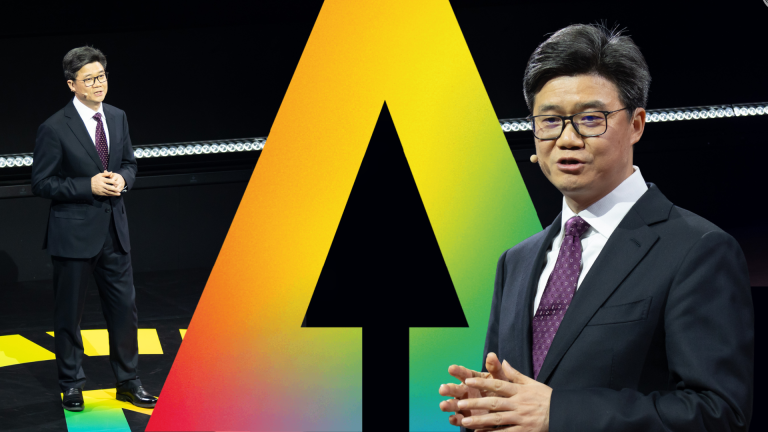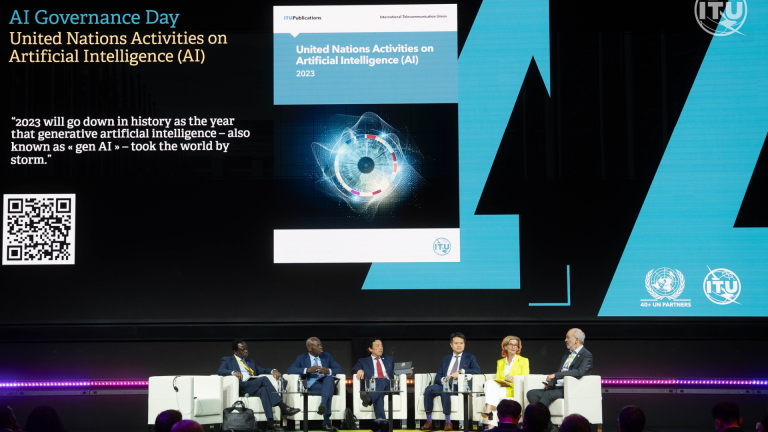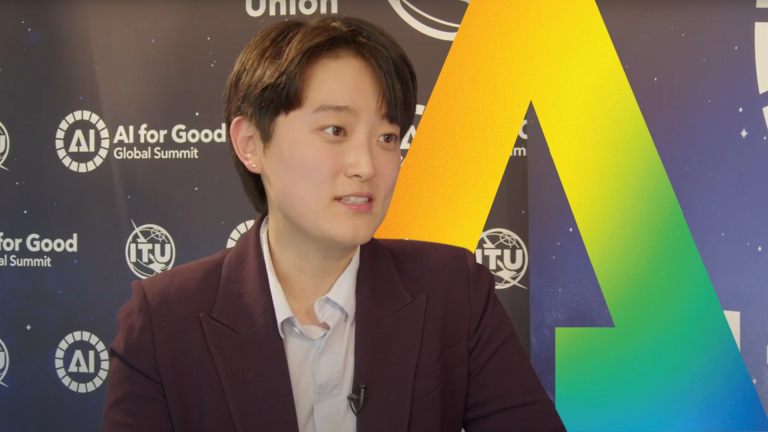“Exploring the Impact of Generative AI on Global Employment: A Comprehensive Analysis of the Future of Work”
A New Webinar Series on “AI & Work” Launches
The International Labour Union (ILO), a United Nations agency, is launching an exciting new webinar series titled “AI & Work.” This series kicks off with a presentation of a comprehensive global ILO study that investigates the potential exposure of jobs and tasks to Generative AI, alongside the implications of such exposure for both job quantity and quality.
Innovative Methodology and Key Insights
- A groundbreaking methodology harnesses AI to forecast its influence on employment, primarily focusing on task automation and augmentation.
- Policies and skilling strategies are being developed to assist workers in adapting to changes in the labor market induced by AI.
- Concerns regarding the degradation of job quality due to AI highlight the urgent need for policies that uphold high employment standards.
Experts from the International Labour Organization (ILO) recently delved into both the immediate and long-term ramifications of Artificial Intelligence (AI) on employment, sharing their findings on both qualitative and quantitative aspects. Senior Economist Janine Berg and Senior Researcher Pawel Gmyrek conducted a thorough analysis demonstrating a deep understanding of labor markets amid the ongoing digital transformation. Their research sheds light on the complex aspects of AI’s role in the workforce, revealing essential insights into its possible advantages and challenges.
The session commenced with a thought-provoking overview by Reinhard Scholl from the International Telecommunication Union, who succinctly represented the ongoing discussion surrounding technological change and its human impact. He presented the contrasting viewpoints that framed the exploration of AI’s transformative capacity and its footprint on job creation and quality.
“One side argues that history has shown that technological change, in the end, always worked out for the better of humanity… The other side, however, argues that this time things will be different,” – Reinhard Scholl, AI for Good.
Pawel Gmyrek introduced an innovative methodology that uses AI to assess its own impact on employment. By analyzing tasks categorized under the International Standard Classification of Occupations (ISCO), this technique provides a detailed examination of how advancements in AI could affect various job roles. “We take each of those 3,123 tasks and we loop the model over it…and say, give us a score between zero and one of whether this can be done with a technology of a similar capacity as GPT-4.” This approach enables a more nuanced understanding of the evolving landscape of work in response to AI innovations.
Recognizing the crucial role of policy in navigating employment transitions triggered by AI, Janine Berg emphasized the importance of collective initiatives in adapting to these shifts. “Skilling policies here are really important but this is not something that should just be the burden of an individual worker…it’s really necessary to have some sort of collective approach,” stated Janine Berg from the ILO.
Janine highlighted the importance of skilling policies, calling for a community-oriented strategy for worker re-skilling and up-skilling. This approach stresses the necessity of empowering workers to stay competitive and relevant in the workforce of the future.
Pawel Gmyrek also addressed the nuanced effects of AI, cautioning that the primary concern rests not on job loss but rather on the potential decline in job quality. “Bigger risk than eliminating jobs is the erosion of the quality of jobs…what you could see is basically fragmentation into maybe the same number of jobs, maybe fewer, but jobs of worse quality,” he remarked.
This perspective necessitates a careful evaluation of AI’s integration across various sectors, advocating for policies designed to uphold job quality as the nature of work continues to evolve. Through their in-depth analysis, the experts underscored the pressing need for proactive policy measures and collaborative initiatives to ensure that AI’s integration into the labor market benefits all stakeholders involved. As we approach the rapid digital transformation of work, Berg and Gmyrek’s research serves as a guiding star, pushing for the optimization of AI’s potential while safeguarding the dignity and quality of jobs for future generations.
Meet the Speakers
- Janine Berg, International Labour Organization (ILO)
- Pawel Gmyrek, International Labour Organization (ILO)
Meet the Moderator
Reinhard Scholl, International Telecommunication Union (ITU)






